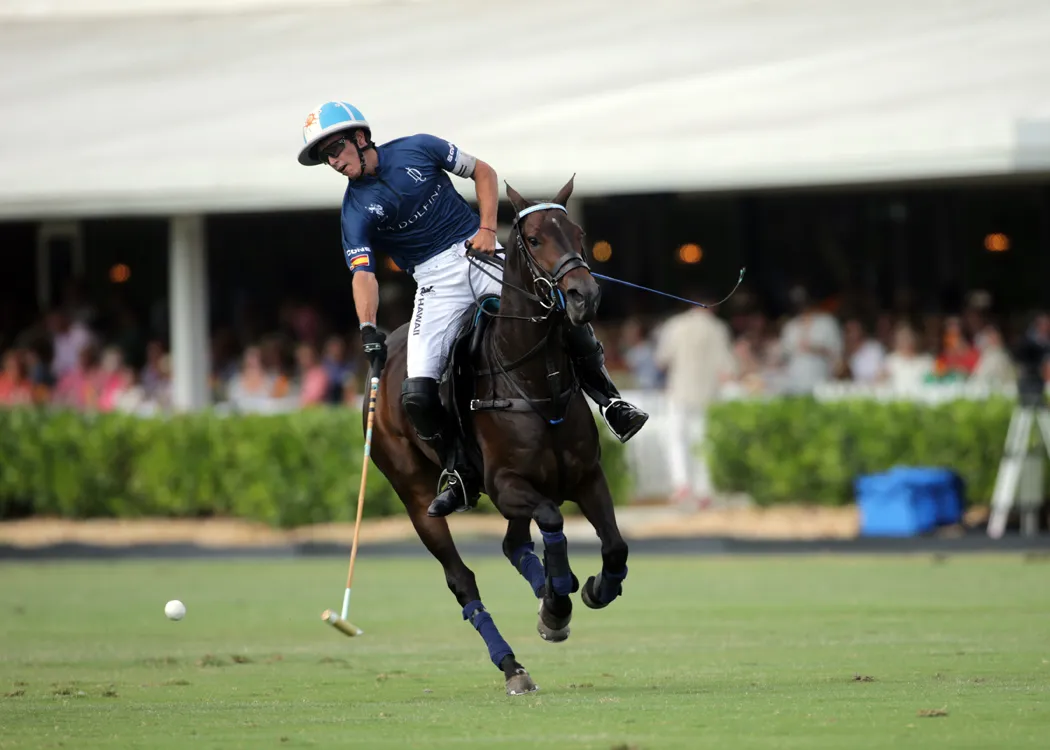In a move aimed at improving player safety and ensuring a more fluid style of play, the International Federation of Polo (IFP), in collaboration with national bodies including the Asociación Argentina de Polo (AAP), has introduced a new rule tightening regulations on blocking during matches. The change, which goes into effect at the start of the 2025 summer season, has sparked discussion among players, coaches, and fans worldwide.
What the New Rule Says
Under the revised rule, players may no longer perform a block that involves significant lateral movement or sudden changes of direction designed solely to impede another rider's progress. Previously, riders could position themselves more aggressively in the line of play to slow or prevent an opponent's advance. Now, any action deemed to be an intentional obstruction without a legitimate play for the ball will be penalized.
The new rule specifies:
"Any blocking maneuver executed with the primary intention of obstructing an opponent’s line or right of way, rather than making a play for the ball, shall be considered a foul. This includes lateral swerves, excessive riding-off, and riding into an opponent at a sharp angle with no attempt to engage the ball."
The full official rulebook, including updates, is expected to be published on the AAP’s Rules & Regulations page.
Why the Change Was Made
The IFP and AAP cited a growing number of incidents involving dangerous blocks that led to collisions, injuries, and stoppages in play. Officials hope the updated regulation will reduce risky encounters and promote a cleaner, faster-paced game. Data from the 2023–24 season showed a 17% increase in match stoppages due to blocking-related fouls, prompting the governing body to act.
“Player safety has to be at the forefront,” said IFP President Maria Gutierrez. “We’ve seen too many situations where aggressive blocking crossed the line. This rule ensures players focus more on the ball and strategic play rather than brute obstruction.”
Player Reactions
Reaction to the rule has been mixed. Some top players, especially those known for their agility and speed, have welcomed the shift.
“This rewards skill and anticipation over physicality,” said Argentine star Facundo Pieres. “It changes the dynamics in a good way.”
Others, especially defenders and traditionalists, voiced concerns about the subjective nature of enforcement.
“It’s going to be tricky to judge intent,” said veteran British player James Harper. “The line between tactical positioning and blocking can be blurry.”
Looking Ahead
The IFP has promised extensive training for umpires to ensure consistent enforcement of the rule. The 2025 Gold Cup and key Argentine tournaments like the Torneo Abierto de Palermo will be among the first to apply the new standard. These events will provide a litmus test for how the sport adapts.
Whether it leads to smoother, safer matches or ignites controversy over interpretation, one thing is clear: the game of polo is evolving.


